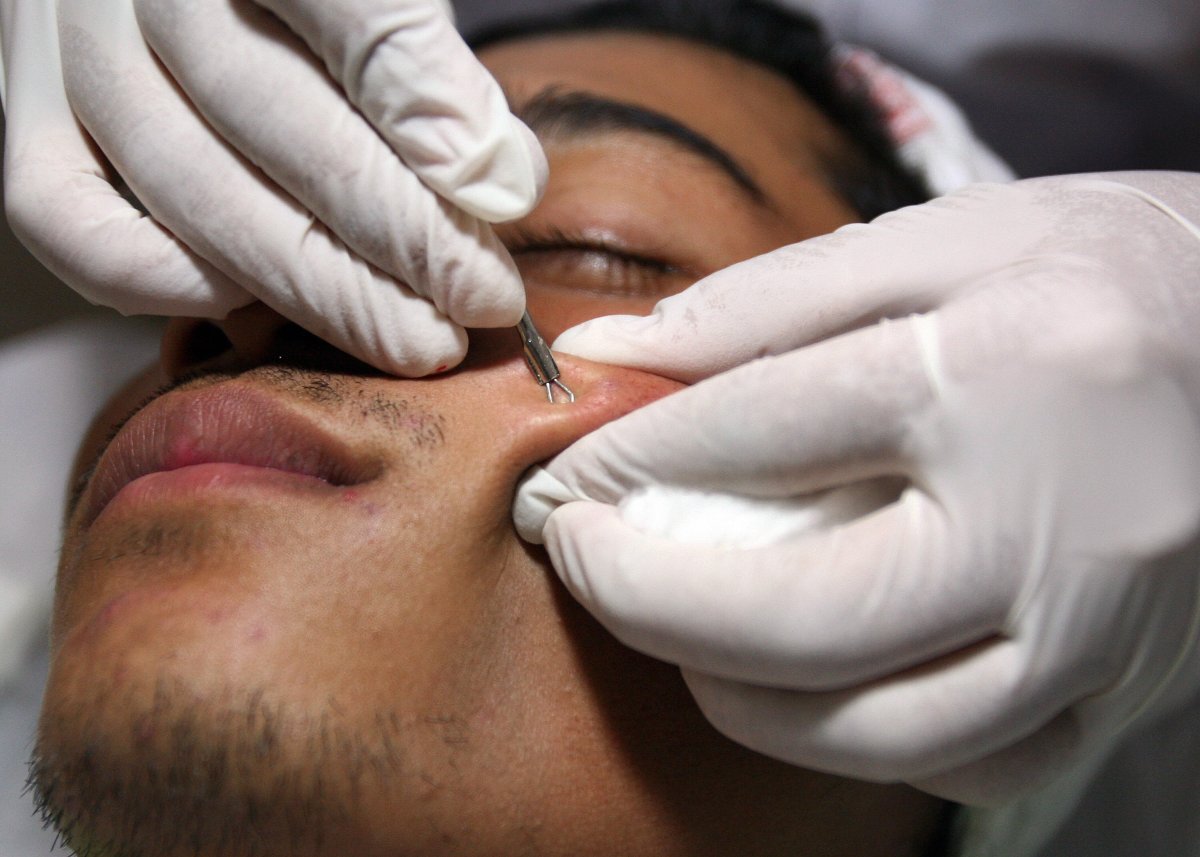When it comes to skin care, women and men will do whatever it takes to fight the dreaded pimple and cultivate flawless and younger-looking skin.

But what if someone told you acne was actually a good thing and was in fact the fountain of youth?
That’s what researchers at King’s College London found when they looked into the often dreaded skin condition.
READ MORE: Check skin, hair products for potentially risky preservatives, Health Canada says
According to the study, acne sufferers have this magical (or scientific) ability to live longer as well as look younger longer when compared to those with perfect skin.
And it all may be because of something called telomeres, which the University of Utah describes as a stretch of DNA located at the end of chromosomes that protect our genetic data and found in our white blood cells. Over the years, telomeres will gradually break down and shrink as cells age, eventually leading to cell death, which is all part of the aging process.
Researchers believe people living with acne could have longer telomeres, meaning their bodies take longer to break down telomere strands.
It also means wrinkles and skin thinning won’t happen until much later in life for acne sufferers.
“Our findings suggest that the cause could be linked to the length of telomeres which appears to be different in acne sufferers and means their cells may be protected against ageing,” says the study’s lead author Dr. Simone Ribero in a statement. “By looking at skin biopsies, we were able to begin to understand the gene expressions related to this. Further work is required to consider if certain gene pathways may provide a base for useful interventions.”
READ MORE: Top 5 acne myths debunked
Scientists looked at 1,205 twins, quarter of which reported having experienced acne at some point. They measured the length of their telomeres as well as examined gene expression in skin biopsies from the same twins to see if they could find possible gene pathways linked to acne.
That’s when they found that one pathway (the p53 pathway) was less pronounced in people with acne. Researchers say, however, that more research is needed to find out the role gene pathways – a protector of the genome, or set of chromosomes – play in the cell aging process.





Comments